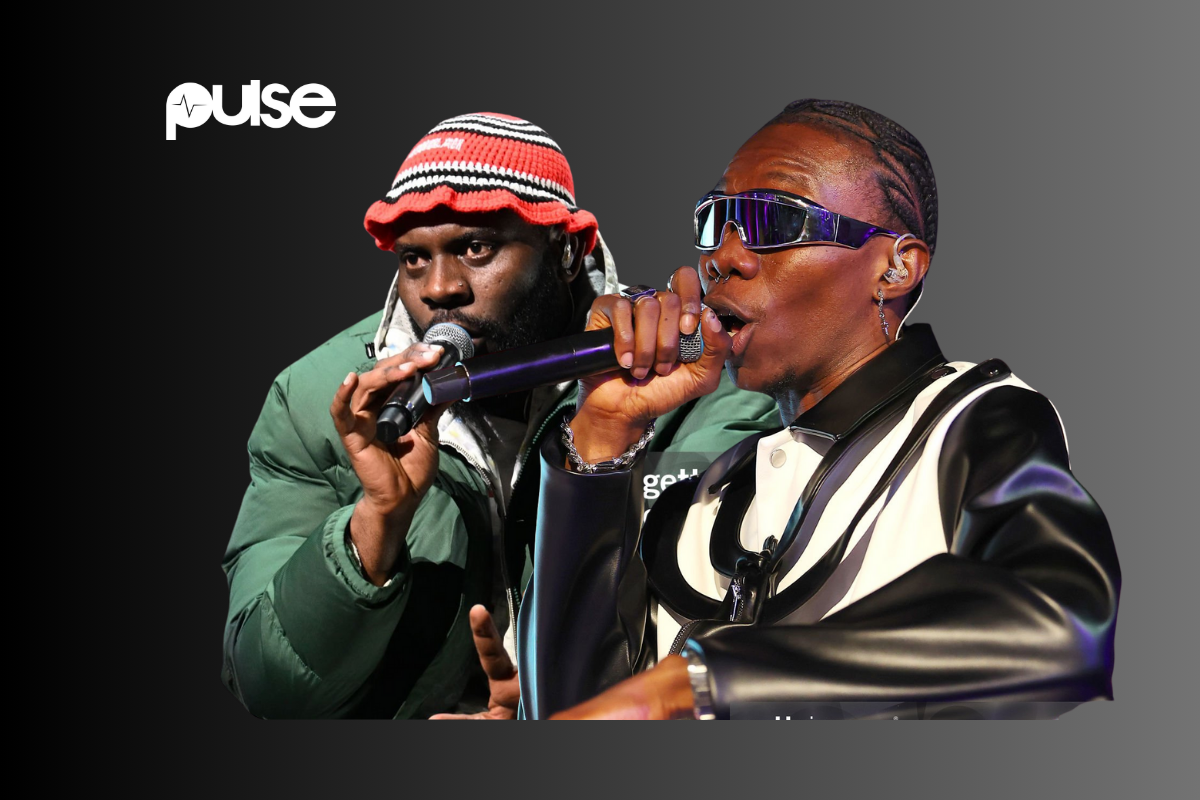RBeef, Then What? What Does Nigerian Hip Hop Really Need?

Rap Beef Sparks Debate: What Does Nigerian Hip Hop Really Need? A recent rap beef between award-winning rapper OdumoduBlvck and Blaqbonez, featuring veteran A-Q, has ignited the Nigerian hip hop scene, raising the question: Does the genre need rap beef to thrive, or are there deeper, more fundamental needs to be addressed?
The Blaze of Battle: OdumoduBlvck vs. Blaqbonez The clash between OdumoduBlvck, known for his hypermasculine flows and genre-bending melodies, and Blaqbonez, escalated quickly with the release of ‘Who’s Really Rapping’ by Blaqbonez and A-Q. This diss track, aimed squarely at OdumoduBlvck, has captivated fans and reignited discussions about lyrical prowess and the state of Nigerian hip hop.
Rap Beef: A Double-Edged Sword? Rap beefs are historically significant in hip hop, often rooted in black political consciousness, defiance, and the harsh realities of disadvantaged communities. These battles, fought for sport, glory, and pride, have been a recurring feature in Nigerian hip hop as well. However, in a pop-dominated industry, the attention garnered by rap beefs is often fleeting.
Expert Opinions: Fueling the Fire or a Fleeting Spark? Ayomide Tayo (AOT2), a prominent figure in Nigerian pop culture, believes that rap beefs can be a catalyst for creativity. "The rap beef can shake things up and spur creativity. We need more rappers to wake up and stop being lukewarm," he stated, emphasizing the potential for these clashes to revitalize the scene. WhoIsTunde, another respected voice in Nigerian music media, echoes this sentiment, suggesting the current beef could re-engage fans with the genre's lyrical depth.
Hip Hop podcaster Day Genius is also excited about the beef. “It’s human nature. People love competition because it’s entertaining. When the biggest rapper engages in a beef, more people, even outside Nigeria, also get interested in the music. Rap beef has given us iconic rappers and songs, so it’s always exciting.”
Beyond the Diss: Addressing Core Needs While rap beefs can generate buzz, Culture Journalist Chinonso Iheakire argues that Nigerian hip hop needs more than just drama. "Nigerian hip hop needs the drama, but there needs to be more. There’s a need for creativity and inclusion," Iheakire asserts, highlighting the necessity for sustained growth beyond temporary feuds.
A Look Back: The Golden Era and the Current Landscape In the past, Nigerian hip hop enjoyed a prominent position alongside pop music, with a vibrant ecosystem of artists and impactful rap battles. Today, the genre is represented by a smaller group of mainstream stars. To reclaim its former glory, Nigerian hip hop needs to address several key areas.
Building Stronger Communities One crucial step is building stronger communities that draw from regional strengths to create a unified national front. Historically, supportive structures amplified the music, and rebuilding these structures with a focus on attracting a new generation is essential. Learning from the Alternative music scene, which has successfully fostered a strong community, could be beneficial.
Redefining Identity and Embracing Diversity Nigerian hip hop needs to address its identity, often entangled in debates about purity. The consistent dismissal of commercially successful artists who blend hip hop with other genres may discourage potential stars from fully embracing the genre. Embracing the domestication of the sound, as seen with artists thriving in the East, is key to wider appreciation.
Securing Investment and Commercial Viability A significant challenge is the shortage of investment. Investors tend to favor genres with mainstream demand, and hip hop currently lags behind. To attract investment, the genre needs to build communities and align with rappers who have successfully adapted the sound for commercial appeal, as OdumoduBlvck has done.
The Path Forward: More Than Just Beef While rap beefs offer a thrilling spectacle and can provide a temporary boost, Nigerian hip hop needs a more comprehensive approach to thrive. This includes building strong communities, embracing diversity, redefining its identity, and securing investment. Only then can Nigerian hip hop reclaim its position as a vital and influential force in the country's music scene.
Originally sourced from: pulse Ng
